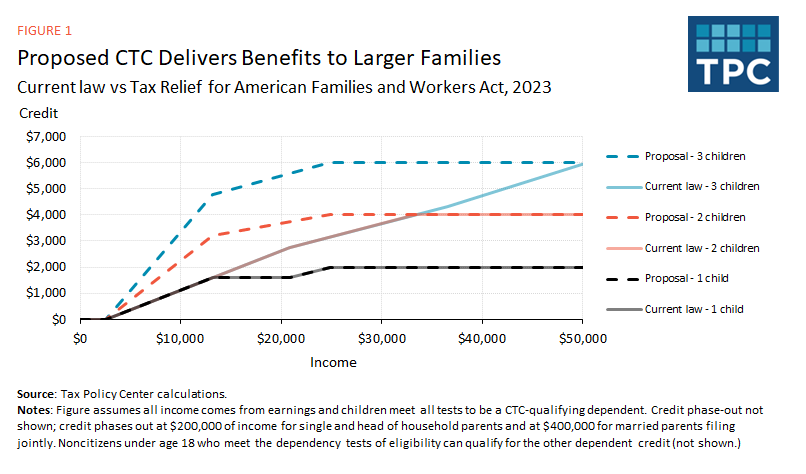Understanding Joint Ownership in Indiana
At some point during your lifetime, you will likely contemplate co-owning property with someone. The subject may arise when you get married and want to jointly own property with your spouse, when you start or grow a business and wish to co-own business assets with a partner, or because a parent wishes to put you on the deed to a home for practical reasons. Regardless of the reason for co-owning property, you will need to create an ownership document, such as a deed or title, when you purchase the property or when you decide to add a second (or subsequent) owner to the property. At that point, you will need to decide how you want to legally hold title to the property. You may not have given much thought to how you hold title to jointly owned property, but you should. The Indianapolis attorneys at Frank & Kraft help you to understand joint ownership in Indiana.
What Are My Joint Ownership Options in Indiana?
Failing to properly title jointly owned property is a common estate planning mistake. In fact, people often co-own property without knowing which type of joint ownership they have until it becomes a legal issue. Unfortunately, this often does not occur until after one of the owners has passed away. A better understanding of the different types of joint ownership options in Indiana should shed some light on why it is important to choose the right type of joint ownership. Each state determines what type of joint ownership is recognized in that state. Indiana allows the following three types of joint ownership:
- Tenants in Common. With this type of joint ownership, each owner owns an undivided interest in the whole property. As such, each owner can sell, transfer, or encumber (borrow against) their own interest in the property. In Indiana, there is a statutory presumption in favor of tenants in common over joint tenancy. A conveyance of land made to two or more persons creates an estate in common and not in joint tenancy unless: (1) the conveyance or devise expressly states that the grantees or devisees hold the land or interest in land in joint tenancy and to the survivor of them; or (2) the intent to create an estate in joint tenancy manifestly appears from the tenor of the instrument. In other words, the law presumes that owners of jointly owned property are tenants in common unless it is made clear that another type of joint ownership was intended.
- Joint Tenants with Rights of Survivorship. This type of ownership provides each owner with an undivided interest in the whole property; however, if the interest is sold, the joint tenancy ends and the owners become tenants in common. Of particular importance for estate planning purposes, if one of the joint tenants dies, the decedent’s interest automatically goes to the other joint tenant(s). This is known as a “right of survivorship.” For example, if you own property as joint tenants with rights of survivorship (JTWRS) with your spouse, and you pass away, your interest in the property automatically transfers to your spouse outside of the probate process.
- Tenants by the Entirety. This is a special type of joint ownership only available to married persons. It has the same rights as joint tenants, with a right of survivorship, but there is no right to partition or transfer the property without the consent of both parties. Your spouse must agree to a conveyance if you hold property as tenants by the entireties and the tenancy cannot be divided to repay debts of one owner. When either spouse passes away, the surviving spouse automatically becomes full owner of the entire interest in the real estate because of the right of survivorship. In essence, titling property as tenants by the entirety provides you with all the benefits of JTWRS plus protection from creditors and no fear that someone else could become your new co-owner.
Do You Have Additional Questions about How to Title Jointly Owned Property in Indiana?
For more information, please join us for an upcoming FREE seminar. If you have additional questions about how you should co-own property in Indiana, contact the experienced Indianapolis estate planning attorneys at Frank & Kraft by calling (317) 684-1100 to schedule an appointment.
Paul Kraft is Co-Founder and the senior Principal of Frank & Kraft, one of the leading law firms in Indiana in the area of estate planning as well as business and tax planning.
Mr. Kraft assists clients primarily in the areas of estate planning and administration, Medicaid planning, federal and state taxation, real estate and corporate law, bringing the added perspective of an accounting background to his work.
Latest posts by Paul A. Kraft, Estate Planning Attorney (see all)






